|
In almost every corner of the civilised world, from New York to London, from Delhi to Beijing and everywhere in between, you’ll find tea. It is the cornerstone of polite society; celebrated for thousands of years in the east, and for centuries in the west, for its revitalising properties, its healing powers, its flavours and aromas. Travel far back through the complex, fascinating and dramatic history of tea, and you’ll find yourself in a very special place - the Wuyi Mountains of the Northern Fujian province of China. It is in this beautiful wilderness that the culture of tea as we know it was born. The Wuyi tea bushes which grow in the rocky, mineral-rich landscape of the Wuyi mountains are the forefathers of many of the varieties of tea we know and love across the globe; they are the cousins of the great Indian tea plants, the ancestors of those which were thrown into Boston harbour, and are the original, traditional form of the increasingly fashionable oolong teas which are sold in trendy tea shops worldwide. More and more people are seeking out Wuyi tea - the real deal, the authentic Chinese tea which to this day, is widely regarded as among the finest examples of the plant on earth. What is Wuyi tea? Wuyi tea is the earliest known example of Oolong tea, and it has been grown and produced in China for hundreds of years, reaching a peak of sorts in the 17th century. During this time, it was a centuries-established favourite of the royal households and aristocracy, and it began to be exported to Europe and India by colonists and plantation companies. Wuyi tea was written about in the 11th century by Song dynasty poets, who went into ecstatic rhapsodies about its qualities, and in the 14th century (even so) during the Mongol invasions, imperial tea gardens were established in the mountains to produce the finest teas in the land for the Emperors. It stands apart from other Oolong teas - the unique climatic and geographic conditions where it is grown, and the high levels of oxidation present after fermentation mean it has a much darker, fruitier and more intensive flavour than more widely available Oolongs. It is sometimes referred to as Yancha or ‘rock tea’, and sometimes ‘crag tea’ in reference to the volcanic landscape it grows in. However, it would be a mistake to think of Wuyi tea as one single varietal. In fact, it refers to a collection of similar, related plants grown in the same region - and there are a LOT of individual, named varietals. Indeed, in one single ‘crag’ of the Wuyi mountains, there are as many as 800 named varietals of Wuyi tea and there are almost 100 tea-growing ‘crags’ in the 70 square kilometre area of the national park from where the tea originates. Why is Wuyi tea so special? The answer to this question and the reasons for this are many. Perhaps the most important explanation for the lofty reputation of this wonderful tea is down to the ‘terroir’ in which it is grown. Terroir is a French term and concept, most commonly used in the world of wine production. It refers to the special and unique characteristics of the land in which a plant is cultivated, and claims that everything from the climatic conditions, to the mineral makeup of the soil and even the angle of the slope play a part in the resulting qualities of the plant. It could be argued that the terroir in the Wuyi Mountains is about as perfect as it can possibly be for the cultivation of tea: the altitude, the rich and rocky soils, and the protective and reverent attitude of the tea farmers who’ve worked the land here for generations are all positive attributes. On top of this, you have the climate of this part of China - the mountains protect the tea plantations from the chilly winds blowing down from the north, and help maintain a humid, warm and wet atmosphere which allows the tea leaves to reach a level of ripeness, flavour and expression unrivalled elsewhere on the planet. Dense fog and average annual temperatures of 12-18 degrees also add to the wonder of this region. It is possible to grow the same plant in other climates, in other regions, but would it be the same? Of course, the answer is that it wouldn’t be - the terroir is a major component when it comes to flavour and character, and it is because of the unique place and manner of its cultivation that Wuyi tea is so sought after and treasured. The other key reason why Wuyi tea is considered so highly and is so widely respected is that, unlike other teas, the manner in which it is produced is complex, traditional, and designed to result in a drinking experience which is more than you’d expect from your average cup. The process is as follows:
The result? A complex, delicious and fascinating tea, packed full of the craggy, stoney features of the land on which it is grown, and lifted by the most astonishing floral fragrances. Once tried, this is a tea that is not easily forgotten. One thing for sure, you got to taste it to recognise it. |
✵ CAMELLIA茗岩® Tea Bar Opening Private Party
✵ Health and Beauty of Wuyi Oolong ✵ Female Magazine Snippet (May Issue 2017) ✵ How to: 10-Minute Tea Meditation ✵ Wuyi Tea Ceremony ✵ UNESCO/NHK on Mt. Wuyi ✵ How is Wuyi Tea Made ✵ The legend of Scarlet Robe, Da Hong Pao ✵ Wunderlust List ✵ A True Treasure Archives
February 2023
Categories
All
|

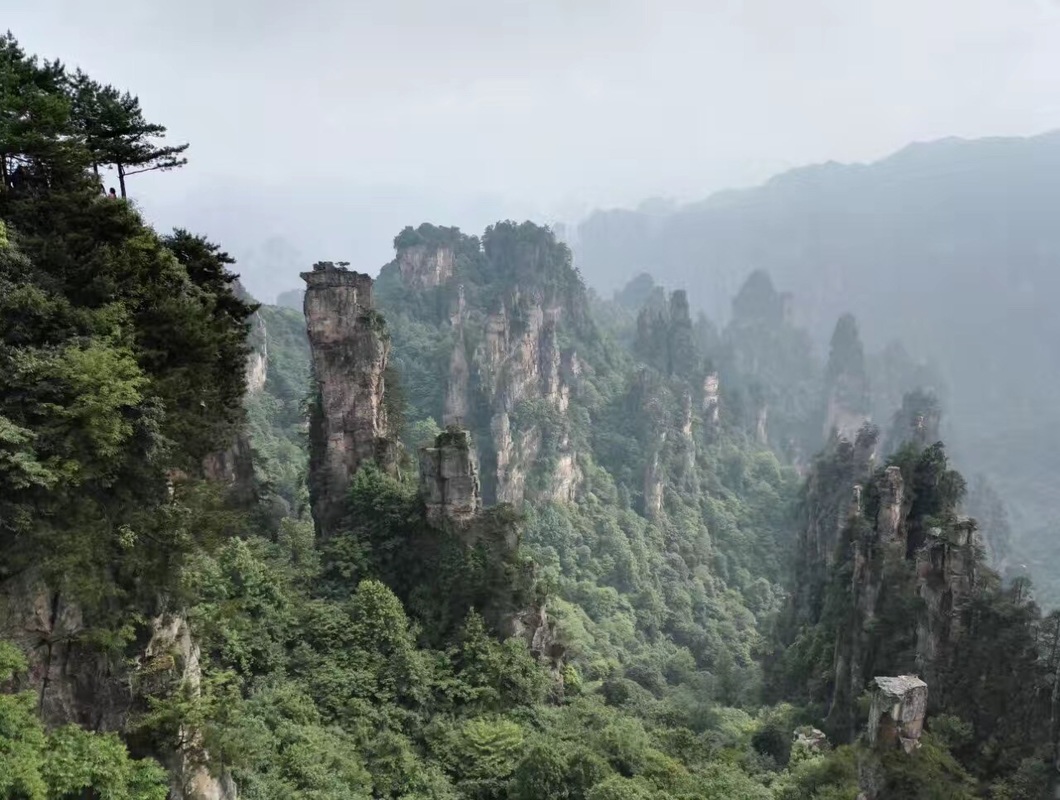
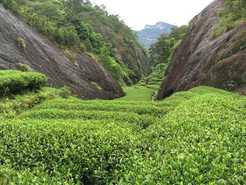
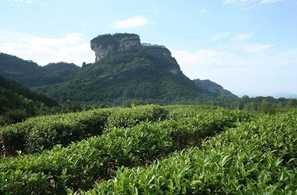

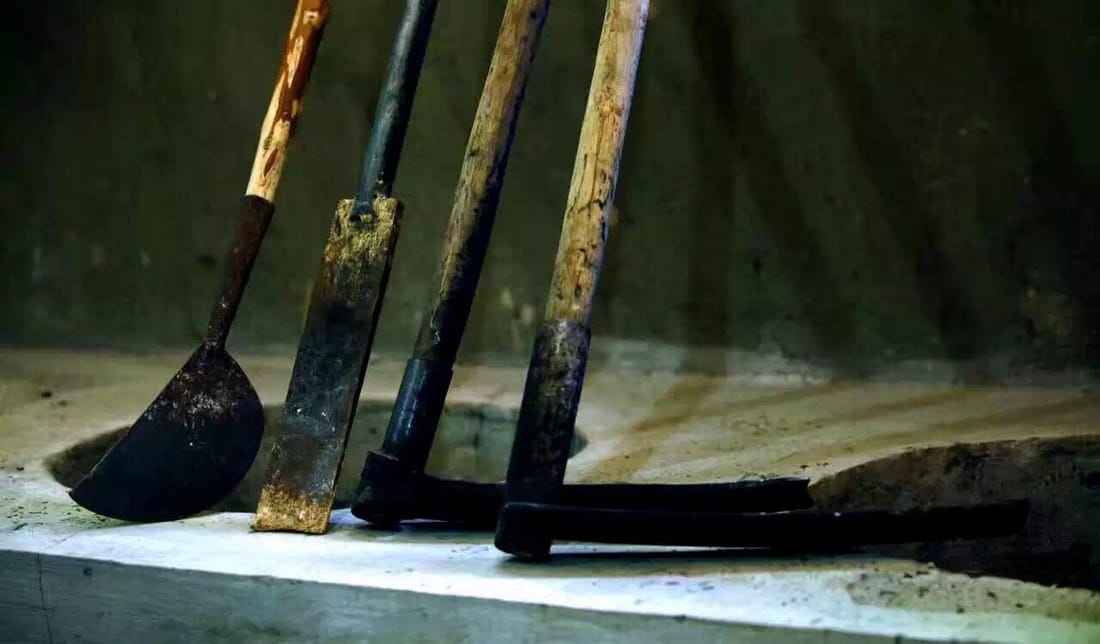
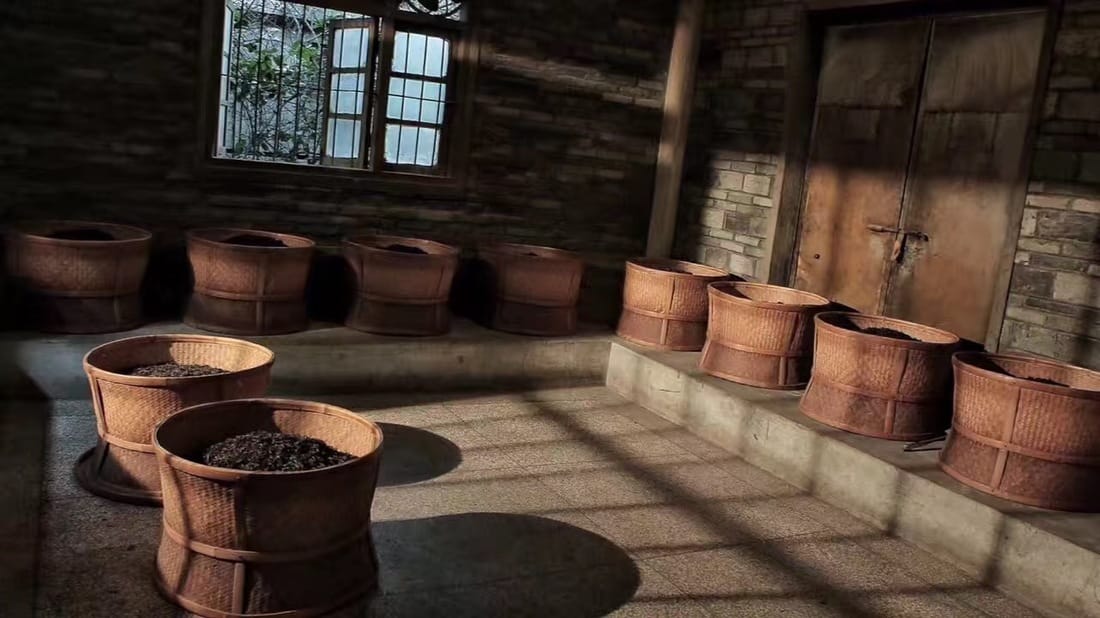
 RSS Feed
RSS Feed